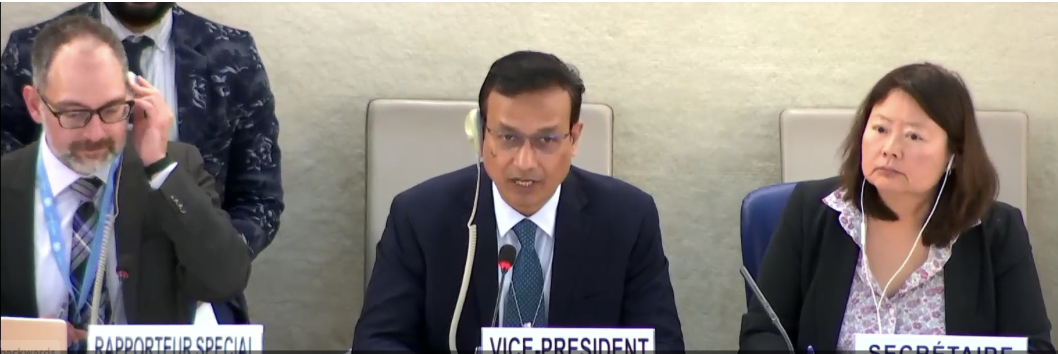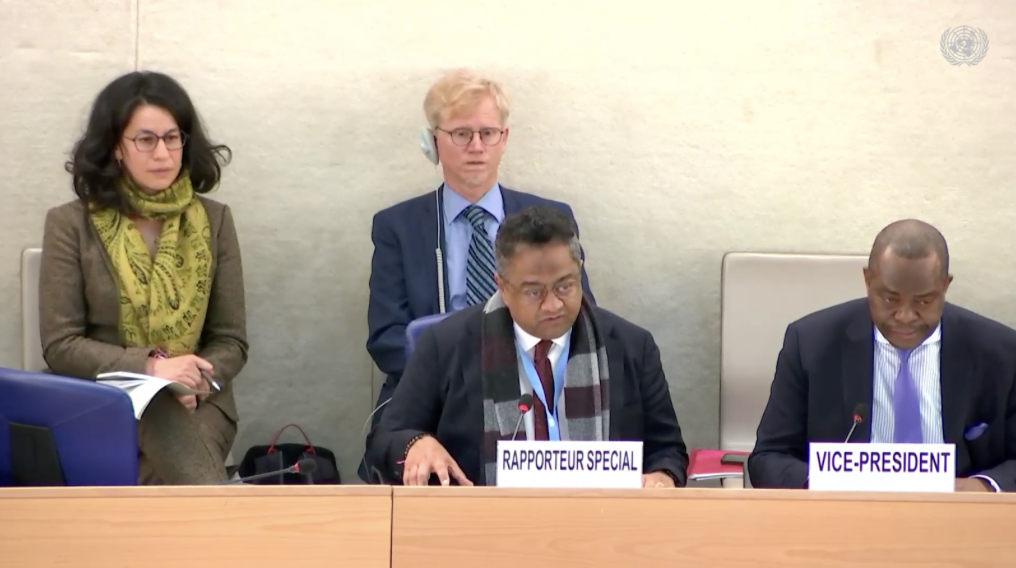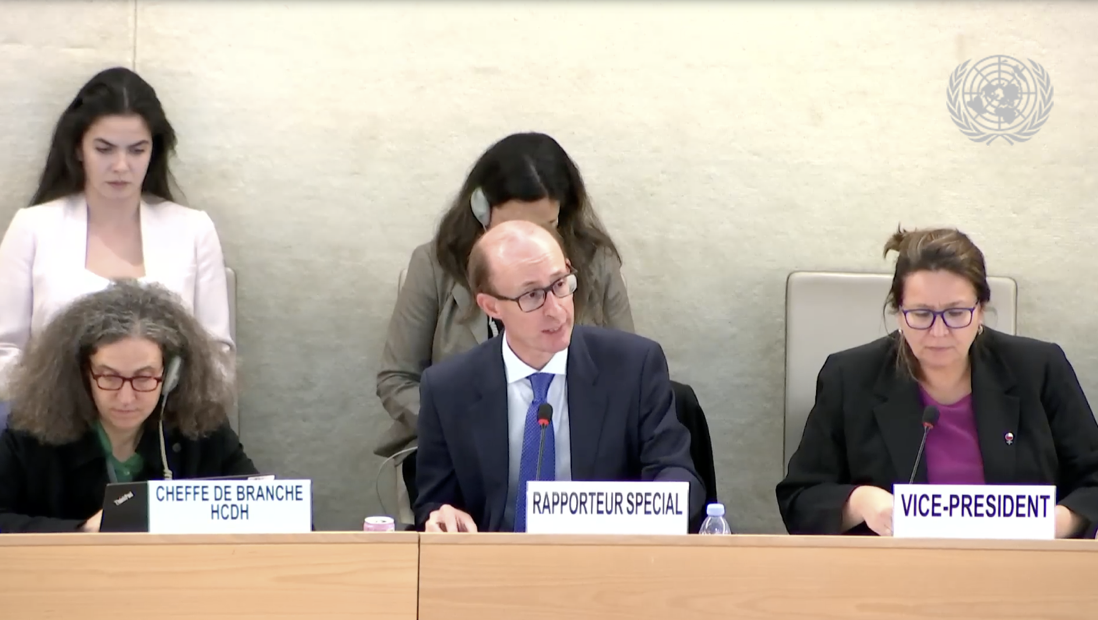The 84th Session of the CEDAW
6th February – 24th February 2023
Norway Report – 10th cycle
9th February 2023
By Maeva Giambrone & Tamir Boldbaatar / GICJ
Executive summary
While Norway is seen as the champion of gender equality, as it is ranked second in the world in gender equality out of 156 countries, there remains some criticisms of the state regarding violations of its international obligations.
During the 84th session of the Committee on the Elimination of Discrimination against Women (CEDAW), issues coalesced around sexual violence and gender-based violence (GBV). On the 9th of February 2023, the Committee considered the 10th periodic report submitted by Norway. The review is based on documents, including the national report, which was submitted on the 1st of July 2021 (CEDAW/C/NOR/10).
During the interactive dialogue, several concerns and issues were raised by the Committee. The main issues concerned sexual violence and gender-based violence (GBV), minority rights (with a particular focus on the Sámi community), gender equality in the workplace, detention conditions and people trafficking.
Geneva International Centre for Justice (GICJ) congratulates Norway on its progress thus far, however we encourage the country to continue its efforts to give full effect to the Convention. We hope, as does the Committee, that the revision of the Penal Code will lead to codification of a definition of rape in line with the Convention. Furthermore, GICJ calls for Norway to implement, as soon as possible, the recommendation made by the Committee to ensure that women no longer suffer discrimination based on their sex and can enjoy the same rights as men. To do this requires consolidating the progress already made, as stated by Committee member Nicole Ameline.
Background
CEDAW, consisting of 23 women's rights experts from around the world, is the Committee that reviews progress in the implementation of the Convention on the Elimination of All Forms of Discrimination against Women. All States Party, under Article 18 shall submit reports on the measures adopted to give effect to the Convention and on the progress made.
Norway ratified the Convention on the 21st of May 1981 and the optional protocol concerning the examination of communications and enquiry procedures on 5 March 2002. The last review of the State by the Committee was in 2017.
Implementation of the Convention since 2017
The Norwegian Equality and Anti-Discrimination Tribunal was established through a reform of the enforcement system in 2017. Anette Trettebergstuen, Minister of Culture and Equality of Norway, Head of the delegation, mentioned that Norway ranked third on the Global Gender Gap Index, and the Government had submitted for consultation a proposal that gender quota rules should apply to large private companies. Norway was one of the first countries to criminalise female genital mutilation (FGM) and forced marriage. In recent years several legislative amendments have been enacted to strengthen legal protections and a report about this issue will be ready in November 2023. The Norwegian Government had announced plans to develop a new strategy for women’s health and also appointed a committee to review the abortion law, to consider alternatives to the current abortion boards, and to assess the counselling offered. The Government introduced a new Integration Law in 2021. The Job Opportunity Program is aimed at increasing the employment rate among minority women, particularly immigrant women. Further, a national professional development program had been developed for judges. The Government provided financial support to schools to tackle bullying online and offline and strengthen anti-discrimination education.
Definition of rape
The Committee was concerned about the Norwegian definition of rape, which is not based on the notion of consent, a matter that was already raised in their 2017 recommendations but to which no further action has been taken. However, in its latest action plan the Government acknowledges the 2017 conclusions on the need to review the Penal Code. A Criminal Law Commission is charged with considering these changes.
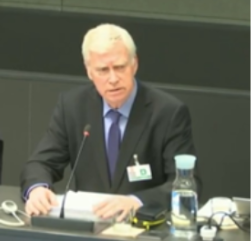 Further, concerns were raised regarding the very high acquittal rate (about 70 per cent). The Committee queried whether these rates were due to problems related to the definition of the crime of rape rather than to a problem of evidence, as argued by Norway. This exchange was part of a follow-up question, so the State will reply in writing after the session.
Further, concerns were raised regarding the very high acquittal rate (about 70 per cent). The Committee queried whether these rates were due to problems related to the definition of the crime of rape rather than to a problem of evidence, as argued by Norway. This exchange was part of a follow-up question, so the State will reply in writing after the session.
The representative of the Norwegian Minister of Justice, Jan Austad, announced that a commission had been set up and that it had submitted a report last December containing a proposal to revise the penal code so that the definition of rape would indeed be based on consent. However, the delegation believes that this change in the definition will not solve the problem of evidence. Most of the time, there are no witnesses in this kind of case. Therefore, it is difficult to convict for rape because the legal requirements are difficult to meet.
The delegation recognises that the statistics are not very positive. The representative of the Minister of Justice admits that new measures to prevent rape and guarantee the safety of victims must be taken. The Attorney General's office has implemented a survey on the quality of criminal proceedings in rape cases. As a result, the quality of criminal proceedings in rape cases has reportedly improved, but the result is not yet perfect.
Tribunal against discrimination
The Committee recalled that a Tribunal established to counter discrimination must be accessible and effective. It was therefore concerned about the high number of cases submitted to the Tribunal and the low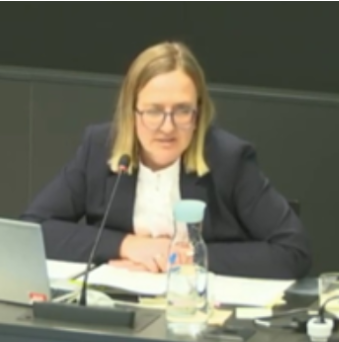 number of cases considered or reviewed. It was said that the Tribunal in 2022 had tried about 450 cases; why so many? Moreover, what measures to reduce this number?
number of cases considered or reviewed. It was said that the Tribunal in 2022 had tried about 450 cases; why so many? Moreover, what measures to reduce this number?
The representative of the Minister for Culture and Equality acknowledged that of the 450 complaints examined by the Tribunal, two-thirds were rejected, closed, or declared inadmissible. Nevertheless, she recalled that these complaints could be transformed into a guidance by the Ombudsman's office, which has often been the case. Similarly, the Ombudsman can follow up on decisions and measures to secure cases.
The Minister's representative explained that the high number of cases is because individuals, seeing that it was easy to turn to the Ombud, do so more frequently. Furthermore, it is important for Norway that these nationals know that they have someone to file complaints to when needed t. However, he admits that research is needed to explain these figures.
Prostitution
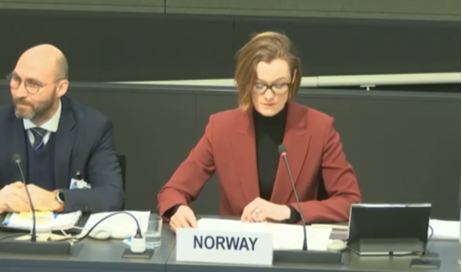 The Committee requested information on measures taken for women wishing to leave prostitution and on what had been done regarding the criminalisation of the use of prostitution.
The Committee requested information on measures taken for women wishing to leave prostitution and on what had been done regarding the criminalisation of the use of prostitution.
The Minister of Culture replied that in Norway, prostitution is not a criminal offence, but the purchase of these services is. Thus, the burden is put on the buyers and not on the women.
Trafficking
The Committee raised concerns about the lack of data on trafficking in women and girls despite the recommendations of the Committee and other bodies.
The delegation notes that figures are needed to know the number of victims. Their work to set up a national referral mechanism was in progress. It is also recognised that the penalties for sexual exploitation are not severe enough.
Norway recognises that most traffickers used online escort services, which the police mapped and used to identify victims of trafficking. There was no national system for assisting immigrants who were victims of trafficking. Legal aid was provided to victims of trafficking within shelters for victims. There were increases in trafficking for the purpose of forced labour, and the Government had developed measures to protect migrant workers. Highly experienced lawyers gave assistance to victims of trafficking for free.
Sami women’s rights
It was noted that Sami women were more exposed to violence than the rest of the population. Hence, the climate change influence for Sami women, also most of them experience abuse problems and mental health conditions. The committee expressed how they should have a right to leadership and self-determination. A plan to prevent violence and abuse in Sami communities had been developed. Further, service to increase understanding of the Sami language and culture among public officials was in place.
The Norwegian Constitution and Sami Act form the basis for the Government’s efforts to protect the language and way of life of the Sami people. In addition, the Sami community has developed their own gender policies and policies to counter gender-based violence.
Women’s greater responsibility for unpaid care work was a major cause of the differences in access to economic resources between men and women. Gender violence and partner homicide have not changed much in Norway since 2017, where women were victims in 90 per cent of the cases. Every fourth murder in Norway was a partner homicide.
Women in prison
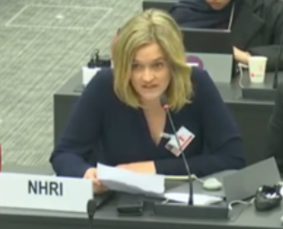 The Committee expressed concern about the prison situation for Norwegian women. In particular, there is a high rate of suicide and mutilation among women in prison, and the facilities are inadequate.
The Committee expressed concern about the prison situation for Norwegian women. In particular, there is a high rate of suicide and mutilation among women in prison, and the facilities are inadequate.
The representative of the Minister of Justice said that after the observations in 2017, the State had tried to improve the detention centres and provide separate centres for women. A working group is currently looking into the question of building a new detention centre.
The director of the national human rights institution of Norway acknowledges that there are still challenges to overcome, as the conditions of detention for women are often much worse than for men. In particular, the number of women with health problems is very high. Therefore, efforts must be made to ensure equality in prisons.
Labour
CEDAW congratulates the delegation for the work that has been done to achieve gender equality and recognises that the Nordic countries are still at the top of the league rankings. However, inequalities remain in the working sphere regarding representation and wage gaps.
The delegation replied that in Norway, many women work but that employers need to improve parity. Reports are carried out to check the implementation of the anti-discrimination law. It was found that 37 per cent of women work part-time compared to 17 percent of men. Therefore, in January 2023 a regulation was adopted to promote full-time work, the need for part-time work must now be documented by the employer.
Norway also recognises the need for greater diversity in private companies. The 2008 balancing act only applies to public companies and those in which the Government is a shareholder. The Government would therefore like to see more companies subject to the quotas in the law. The consultations will take place in March 2023.
The delegation would like to point out, however, that the wage gap is narrowing and that there has been an increase in women's wages since 1992.
Hate speech
A high percentage of women under 30 faced online hate speech. There is a discussion about whether to incorporate gender as a basis of harassment in the Penal Code. The Norwegian Government was also developing a white paper on online harassment. An initiative to combat hate speech was implemented in 2014. Furthermore, a strategy for regulating violence in video games is also considered hate speech against women and girls. There is also the problem of sending intimate images from unknown persons to youths.
Position of Geneva International Centre for Justice
Geneva International Centre for Justice (GICJ) congratulates Norway on its many achievements thus far and its commitment to further improvement. However, we recognise the amount of progress that still needs to be made. Indeed, due to certain limitations in the powers of their tribunal against discrimination, Norway should conduct a review of the available complaints mechanisms. GICJ addresses and emphasises the needs of this mechanism for vulnerable groups of women, including women in prison. Norway must amend the legal definition of rape and take measures to monitor and prevent trafficking of women and girls. Therefore, Norway should strengthen access to justice for victims of discrimination. GICJ, through its activities, continues to advocate for stronger safeguards to minimise the risks of digital harassment against women and children. Norway employed a gender-sensitive approach in assessing asylum claims in human trafficking cases. GICJ encourages Norway to fulfil their international obligations. The wage difference between women and men is around eight per cent, therefore Norway should investigate the causes of the gap and establish measures to reduce the gap. Also, the plan to increase the minimum pension reform has to be effective. Another fact is that the financial support provided by the Norwegian Government to schools to tackle bullying online and offline should be efficient and controlled in certain periods about the outcome. GICJ appreciates the training provided on identifying domestic violence to police services and screening tools used to detect violence were being improved.
#Women #Norway #CEDAW #Justice #Geneva4Justice #GICJ #Geneva_Centre_for_Justice




